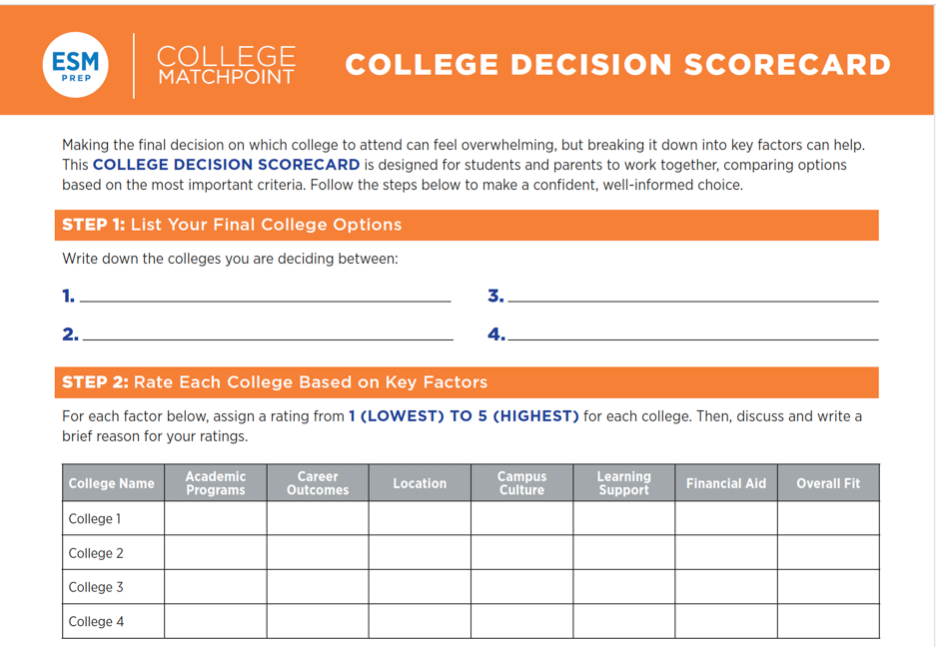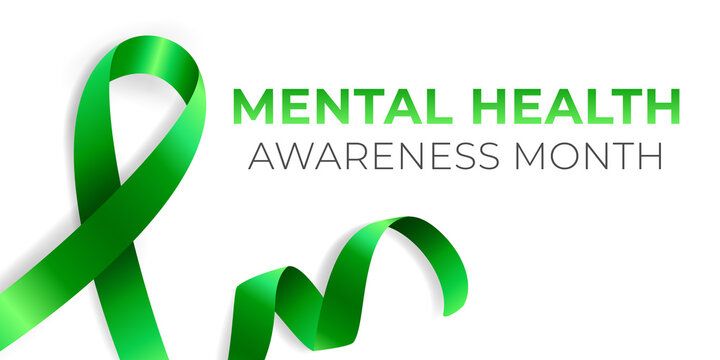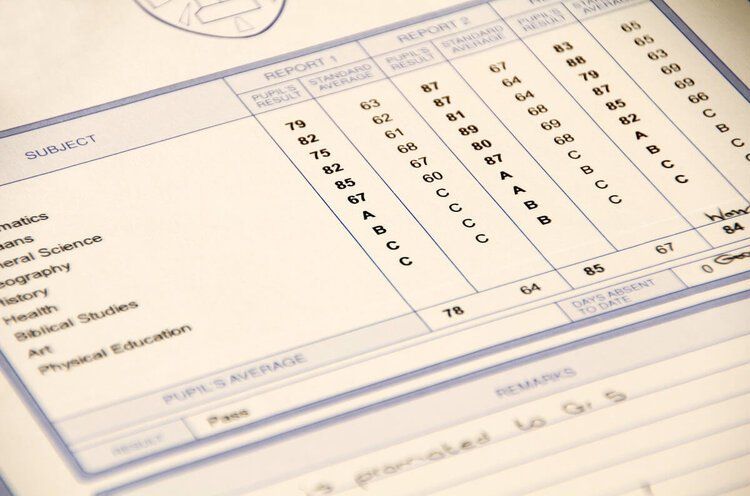This page is licensed under Creative Commons under Attribution 4.0 International. Anyone can share content from this page, with attribution and link to College MatchPoint requested.
Posts tagged Resources

Choosing the right college is one of the most significant decisions you'll make. It’s a choice that affects your education, career opportunities, social experiences, and financial future. With so many factors to consider, it’s easy to feel overwhelmed. But take a deep breath—this is an exciting moment! The good news is that there’s no single “right” choice. The best decision is the one that aligns with your values, goals, and future aspirations. Most colleges and universities set a final decision deadline of May 1 of a student’s senior year. It’s essential to compare options thoroughly but also to make a timely decision to secure your spot. This guide will walk you through a step-by-step approach to choosing your college with confidence and excitement!

Applying to college is one of the most stressful experiences for high school students today. Research shows that 76% of students view the process as a life-defining moment, and 73% worry that even a small mistake could negatively impact their chances of admission. With increasing academic expectations, social comparison, and the overwhelming amount of advice available, it’s no surprise that the admissions process can lead to heightened anxiety, depression, and even disordered eating patterns. While some level of stress is expected, it’s critical to recognize when it becomes a serious concern—and to take action to protect teen mental health.

As your 8th grader begins thinking about their transition to 9th grade, they’re likely feeling a mix of excitement and nervousness. The jump from middle school to high school brings new opportunities and responsibilities, and the classes they choose now will set the tone for their high school experience. Sitting down to discuss their options can help ease their nerves and give them the confidence to make thoughtful decisions. Balancing core academic subjects, electives that spark curiosity, and a manageable workload is key to creating a schedule that supports both growth and well-being. Here are some important considerations to keep in mind as you guide your teen through this process and help them build a foundation for success in high school.

Your high school transcript is more than just a record of grades—it’s a window into your academic journey and potential. Admissions officers use it to evaluate your course selections, academic rigor, and growth over time, all within the context of your school’s offerings. Understanding how your transcript is assessed can help you make strategic choices that showcase your strengths and align with your goals. Whether you’re navigating AP courses, considering GPA trends, or reviewing your school’s profile, every detail on your transcript contributes to your story as a student. Let’s explore how colleges analyze transcripts and what steps you can take to make yours stand out.

May 1st is a big day for high school seniors all across the United States. This is the deadline for them to make their final decision and choose the college they will attend. For many students, it's a time of excitement and anticipation, full of opportunities and possibilities. But what about students who are hoping for a spot off a college's waitlist? Is it worth it to wait and see? The answer to that question is not a simple one. A college waitlist is a group of students who have not yet been accepted or denied admission to a college. Colleges use waitlists for various reasons, such as ensuring a properly-sized incoming class, or to address other institutional needs and priorities. For students who have accepted a spot on the waitlist, it's important to keep in mind that the final decision won't be announced until after May 1st, and sometimes as late as June, July, or even August. Furthermore, waitlists can vary greatly from year to year, and there's no surefire way to predict whether a student will be offered a spot in the incoming class. However, if a student is genuinely interested in attending a school, it doesn't hurt to stay on the waitlist. We recommend that students carefully read their waitlist offer, as it often includes information on what steps to take next. Students on the waitlist might also consider writing a Letter of Continued Interest , summarizing any new updates or accomplishments since they applied, and highlighting the reasons they would be a good fit for the school. It's important to remember, though, that students should also accept their offer from the college they have decided to attend and stop thinking about the waitlist. We encourage students and families to approach the waitlist with a positive mindset: give it your best shot, hope for the best, and prepare to thrive at the college you do end up attending. So, is it worth it to wait and see if you'll be offered a spot off a college's waitlist? It depends on the student's individual situation and priorities. For some students, the chance to attend their top-choice school is worth the wait and uncertainty. For others, it may be more important to have a definite plan in place and move forward with the college they have already chosen. Ultimately, the decision is up to the student and their family, but staying positive and proactive can help make the waitlist process less stressful and more manageable.

There's no one-size-fits-all answer to this question, as the number of AP classes a high school junior should take depends on a variety of factors. If a students is focused on competitive colleges, it's a good idea to considering taking as many AP classes as they can excel. Here are our guidelines to help you make the best decision for your child.

If you're a high school student considering college, you may be wondering what services are available to help you succeed. Many colleges offer learning support centers, which provide academic support and accommodations for students. When touring a college, be sure to ask about the learning support center. Here are three questions to get you started.

When you visit a college campus, be sure to schedule a tour of the career center. This is an important resource for students that can help with planning your future. Here are 3 questions to ask during your tour. Asking these questions will give you a better understanding of what the career center has to offer and how it can benefit you as a student.




